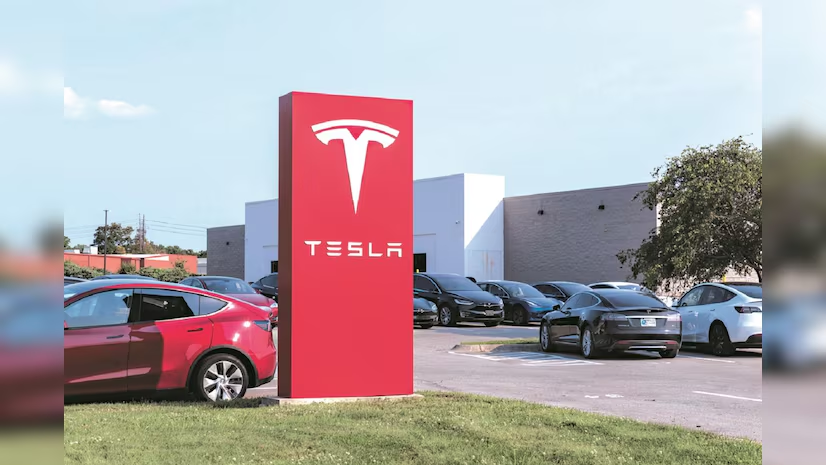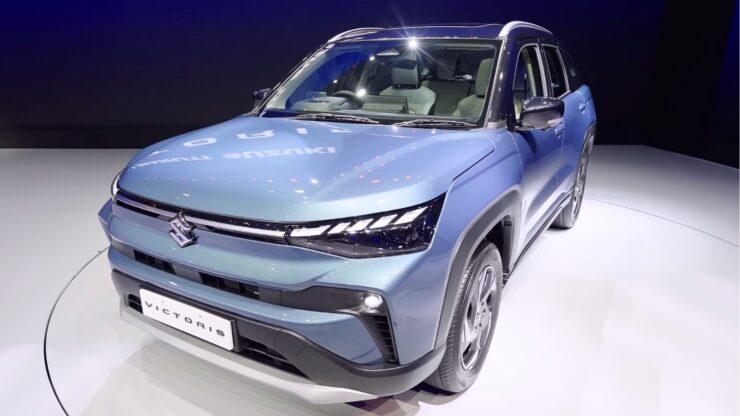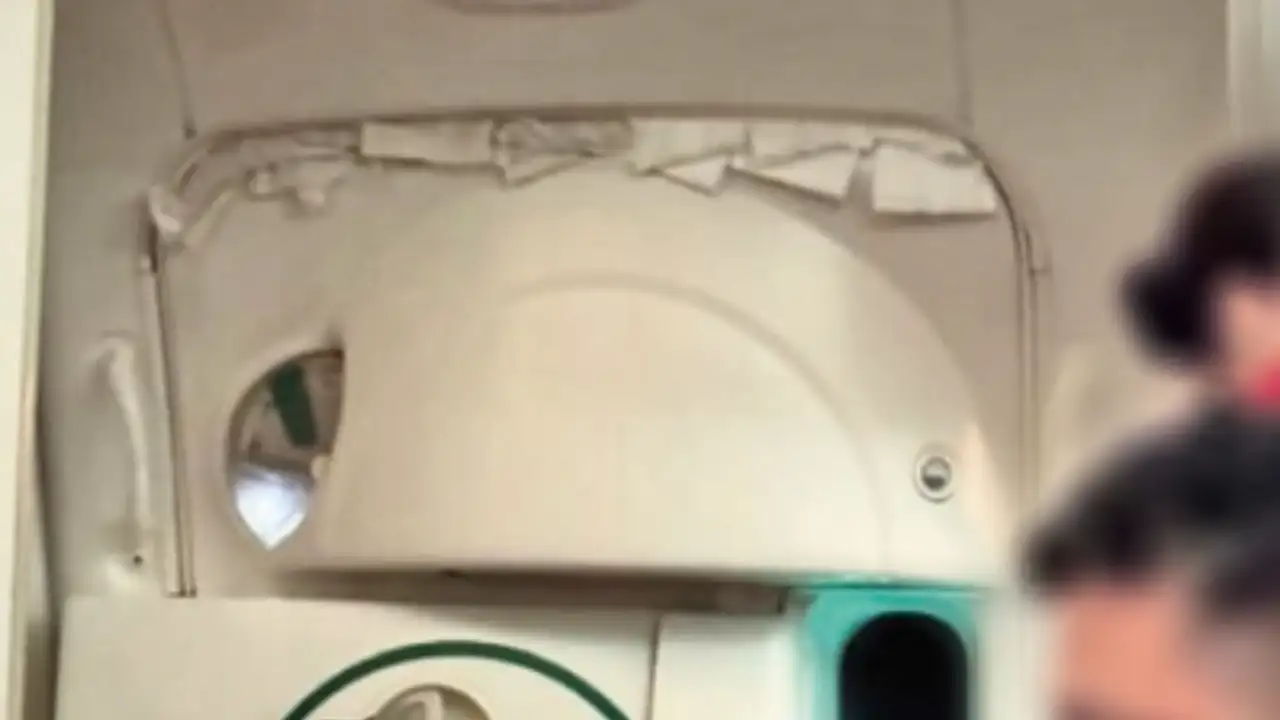Now Reading: Tesla to Launch India Showrooms in July, Initial EVs to Be China-Made
-
01
Tesla to Launch India Showrooms in July, Initial EVs to Be China-Made
Tesla to Launch India Showrooms in July, Initial EVs to Be China-Made

Global electric vehicle giant Tesla is set to open its first showrooms in India by July 2025, marking a significant step toward its long-awaited entry into the Indian market. Initially, the company will offer China-manufactured EVs, while plans for local manufacturing remain on the table. The move has sparked interest among urban consumers and EV enthusiasts, especially in Tier 2 cities eyeing a greener mobility future.
Tesla’s arrival signals a new chapter in India’s electric vehicle landscape.
First Phase: Imported Models from China
In the initial phase, Tesla will import its vehicles from its Shanghai facility. These will likely include the Model 3 and Model Y — both globally popular for their range and performance. The decision to start with Chinese imports is intended to test Indian demand and streamline logistics before investing in local production infrastructure.
Pricing is expected to remain premium due to import duties, but early adopters in metro and Tier 2 cities are still showing high levels of curiosity and interest.
Showrooms and Expansion Strategy
Tesla plans to launch its first showrooms in major urban centres, including Mumbai and Delhi. Bengaluru, Hyderabad, and Pune — cities with a growing base of tech-savvy and sustainability-focused consumers — are also under consideration for expansion. The company is also working on building a service network and charging infrastructure to support its vehicles.
This stepwise approach may help Tesla understand India’s diverse and price-sensitive market more closely before scaling up operations.
Tier 2 Cities May See Ripple Effect
While Tesla’s physical presence may begin in metros, Tier 2 cities such as Indore, Surat, Coimbatore, and Lucknow are expected to benefit from the ripple effects. EV startups, charging station providers, and local auto components manufacturers in these regions may find new opportunities as the EV ecosystem expands.
Additionally, rising demand for clean transportation in smaller cities may push local governments and businesses to upgrade EV infrastructure, supported by central government schemes.
Make in India Still on the Radar
Although Tesla’s initial launch depends on imports, talks with Indian authorities continue regarding setting up a manufacturing unit. If finalized, Tesla could eventually build a factory in India to produce EVs at more competitive prices, catering not just to domestic but also export markets.
Such a move would align with India’s ‘Make in India’ push and could position the country as a future EV hub.
Conclusion
Tesla’s entry into India, starting with imported vehicles and showroom launches in July, is a cautious but strategic move. While affordability may limit mass adoption in the beginning, the brand’s presence is expected to energize India’s EV sector, attract further investment, and expand consumer awareness — especially in emerging Tier 2 markets that are steadily embracing clean tech.

























